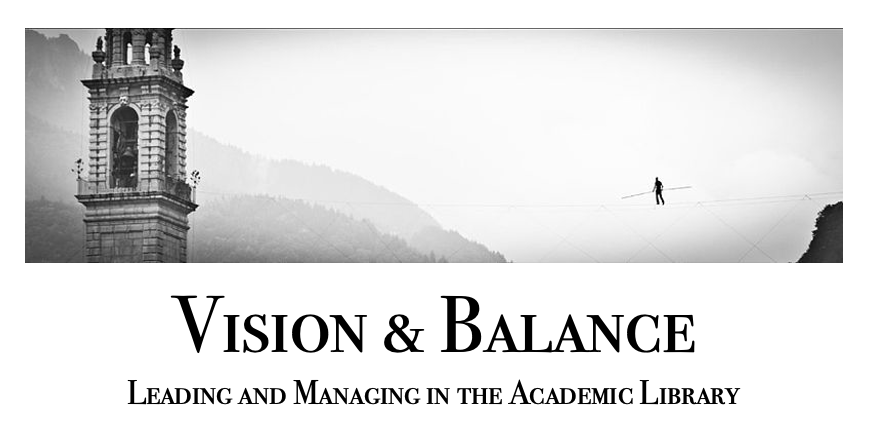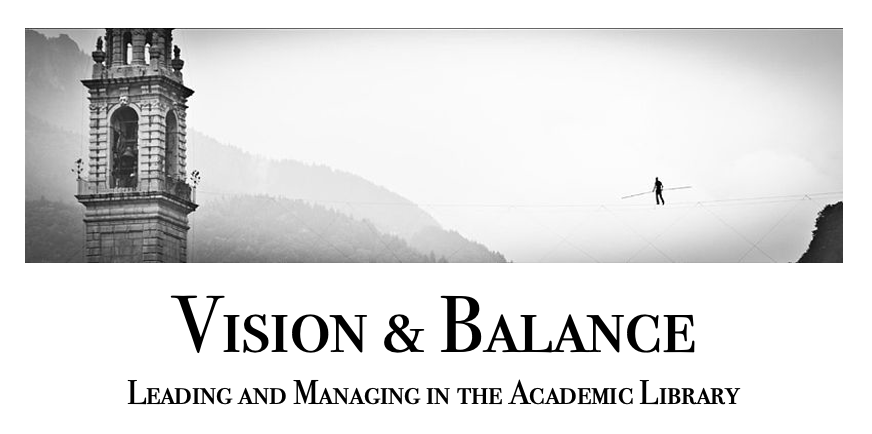An Interesting Conversation on Mission Alignment
A debate currently ongoing at the Scholarly Kitchen sheds useful light on different ways of thinking about the relationship between academic libraries and their host institutions.

Over at the Scholarly Kitchen, where I've been a regular contributor for many years now, I've been involved in what looks, on the surface, like a discussion about an emerging open access (OA) business model – but is really a discussion about mission alignment between libraries and their sponsoring institutions.
The business model under examination is called subscribe-to-open (S2O), which basically works this way: the journal publisher commits to making its journal or journals OA as long as a sufficient number of library customers continues to pay the former subscription fee. This arrangement is attractive to many librarians, because it allows us to support OA (which we love) without changing anything about the way we do business – we just keep doing what we've been doing (i.e. paying annual invoices) and we not only continue getting access to the subscribed content, but we support the publisher in making that content free to everyone in the world. And as an added bonus, we're helping make it possible for our authors (and others) to publish in those journals without having to worry about paying article processing charges. In return, the publisher gets a steady and reliable base of funding to keep the journal going.
It seems like a win for everyone, doesn't it?
Here's the problem, though: by adopting S2O, the publisher is radically changing the underlying logic of the subscription arrangement. Whereas the library-publisher relationship used to be one of paying customer to content provider, it has now become one of benefactor to beneficiary. And while this may sound perfectly fine to the library (we love OA, remember), the fundamental problem with this new arrangement is that it does not reflect the purposes for which the library's host institution allocates a collections budget to the library. The university gives the library a collections budget for the purpose of securing access to content, not for the purpose of underwriting the production of free content. If the library decides unilaterally to take money intended for the former purpose and redirect it to the latter, it runs the risk of getting seriously out of alignment with the university, which never ends well for the library. In the piece, I strongly recommend that libraries considering making such a move counsel first with the administrators who allocate their collections budget, and make sure that move is in alignment with university priorities.
For either current or aspiring library leaders who would like to see a very interesting debate over the importance of mission alignment unfolding in real time, I would recommend the comments section of my post. It's long and dense and getting more so even as I write, but the arguments being raised may be of great interest. Grab a sandwich and give them a scan:


